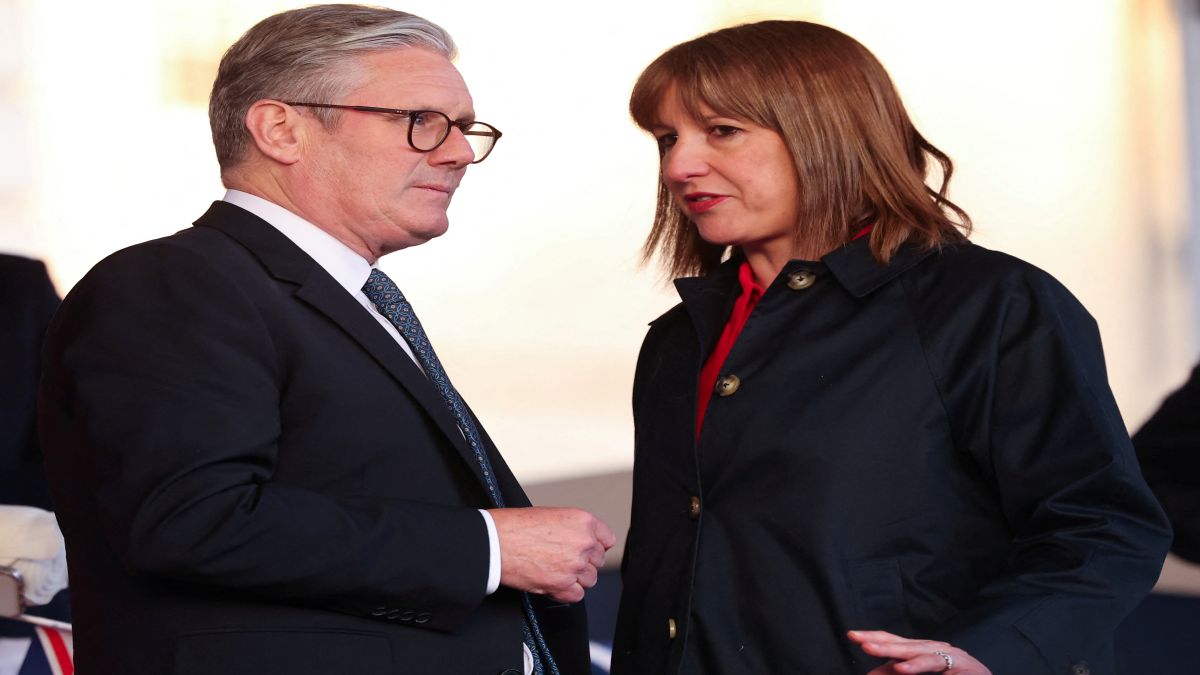Consumer prices in the UK surged to a 19-month high of 3.8 per cent in July. The spike in inflation was fuelled by soaring transport and food costs as cost-of-living challenges continue to trouble the Starmer government.
The United Kingdom is in the grip of rising prices, leaving the Keir Starmer government worried, with Chancellor Rachel Reeves emphasising the need to do more to tackle cost-of-living concerns in the country. The consumer inflation has now hit a 19-month high, the official data for July showed on Wednesday.
The spike in prices was steeper than anticipated. Figures from the Office for National Statistics (ONS) show that the Consumer Prices Index (CPI) rose to 3.8 per cent compared with 3.6 per cent in June, exceeding economists’ forecasts of 3.7 per cent. This marks the highest inflation rate since January 2024, signalling renewed pressure on households already struggling with the cost of living.
Reacting to ONS data, Reeves said there was “more to do to ease the cost of living” while asserting that the government had “taken the decisions needed to stabilise the public finances”.
What’s pushing prices in the UK
The increase in inflation was primarily driven by soaring transport costs, where prices climbed 3.2 per cent in July — almost double the rise seen in June. Airfares surged by over 30 per cent, largely attributed to the timing of school summer holidays, while rising petrol and diesel prices, sea fares, and roadside recovery services also contributed to the uptick.
Food inflation remained a significant concern, rising to 4.9 per cent from 4.5 per cent, with staples such as fresh juice and chocolate becoming noticeably more expensive. The hospitality sector saw prices increase in restaurants and hotels, particularly overnight hotel stays, reflecting a broader upward trend in services inflation.
Conversely, inflation in housing and household services eased slightly to 6.2 per cent from 6.7 per cent, helped by softer owner-occupiers’ housing costs and falling rents.
On a monthly basis, the CPI inched up by 0.1 per cent, defying expectations of a decline, though this was down from June’s 0.3 per cent gain.
How worried should the UK be?
Chief economist at the ONS, Grant Fitzner, said the rise in inflation “shows that the cost pressures on families are still very real, driven by specific sectors like travel and food”. Fitzner emphasised that while inflation is expected to slow towards the end of the year, “there is more to be done to ease the cost-of-living squeeze”.
As inflation remains above the Bank of England’s two per cent target, policy makers face ongoing challenges balancing economic growth with price stability, particularly ahead of the chancellor’s forthcoming national budget. With inflation forecasts projecting levels around 3.9 per cent by the year’s end, many households continue to feel the strain of rising prices in essential goods and services.
End of Article

)

